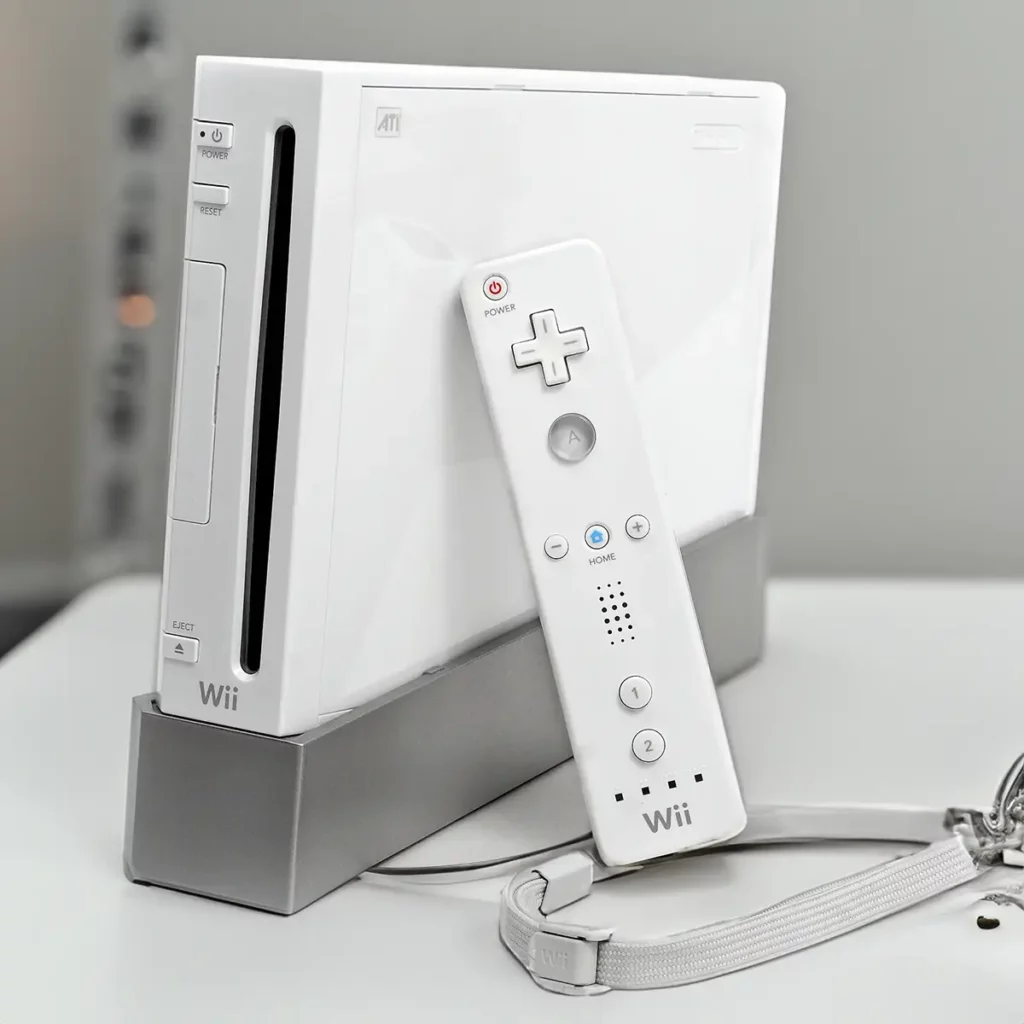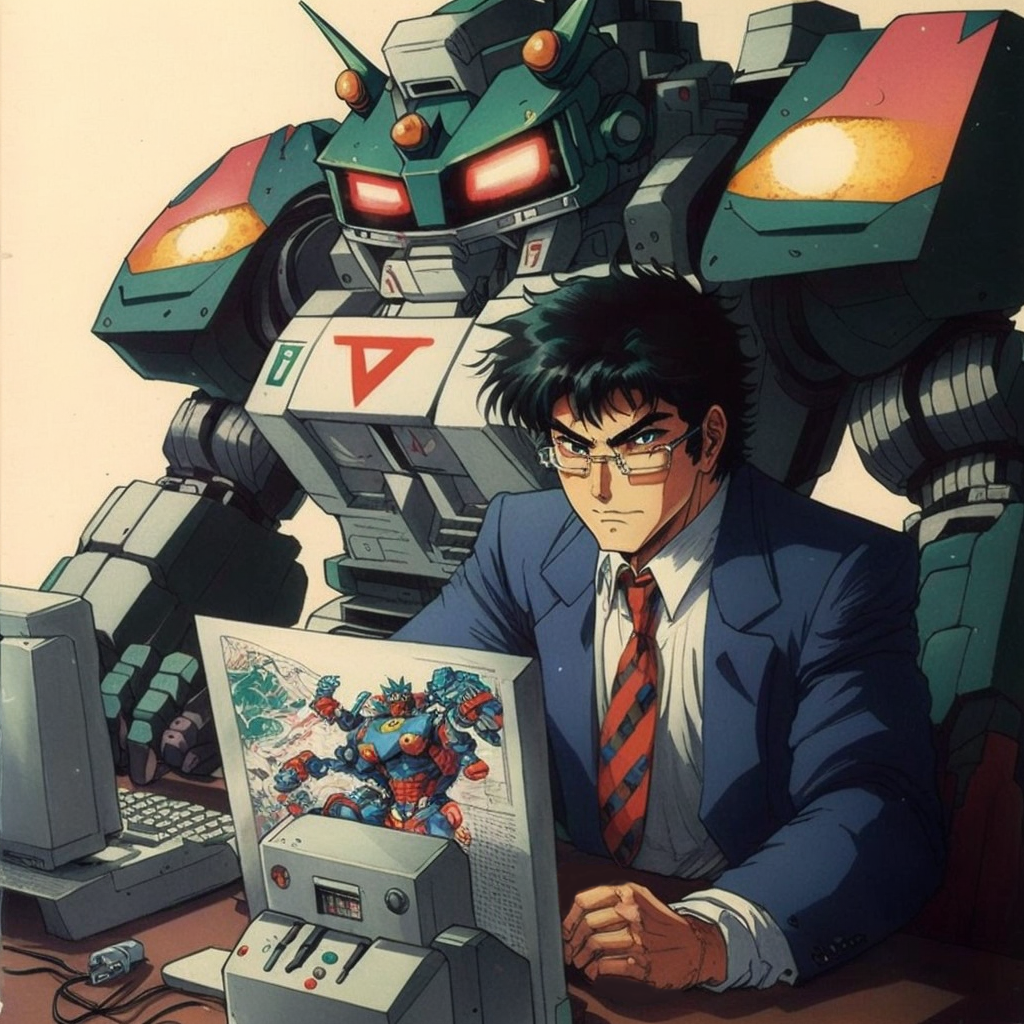Launched in 2006 by Nintendo, the Wii marked a turning point in the video game industry. With its innovative approach and accessibility, the Wii stood out from other consoles of its generation. This article explores in detail the impact, features, and legacy of this iconic console.
Design and Innovation
The Wii stands out for its unique controller, the Wiimote. It uses motion sensors to provide an immersive and intuitive gaming experience. Unlike traditional controllers, the Wiimote allows players to physically move around to interact with the game.
This adds a physical and interactive dimension to the gameplay.
Flagship Games
The Wii’s game library is vast and varied, but some titles particularly stood out. “Wii Sports”, included with the console, demonstrated the capabilities of the Wiimote and was crucial in attracting a non-traditional audience. “The Legend of Zelda: Twilight Princess” and “Super Mario Galaxy” have also been acclaimed for their innovation and quality of gameplay.
Impact on the Market
The Wii expanded the video game market, attracting gamers of all ages and backgrounds. Its accessibility and fun have made the Wii a popular choice not only among traditional gamers, but also among families and seniors. This diversification of the public allowed Nintendo to sell more than 101 million units. They far surpassed its competitors at the time, the PlayStation 3 and the Xbox 360.
Technology and Features
Besides the Wiimote, the Wii introduced several other innovations, such as WiiConnect24, which allowed the console to receive updates and messages even in sleep mode. The Wii’s channel system offered a variety of applications, from weather to news to downloadable games.
Critical Reception
Reception of the Wii has been generally positive. Critics have praised its innovative approach and its potential to transform video gaming into a social and accessible activity. However, some have criticized the graphical limitations compared to its competitors and the predominance of casual games compared to hardcore titles.
Legacy
The Wii has left a lasting legacy in the world of video games. It paved the way for motion sensing technologies in future consoles and demonstrated the importance of reaching a wider audience. Even after the arrival of its successor, the Wii U, and later the Nintendo Switch, the influence of the Wii on the industry is undeniable.
Conclusion
The Nintendo Wii redefined expectations for video game consoles. Through its approach focused on innovation and accessibility, it has not only won the hearts of millions of players, but has also broadened the horizons of the video game market. To this day, it remains an essential reference in the history of video games.





